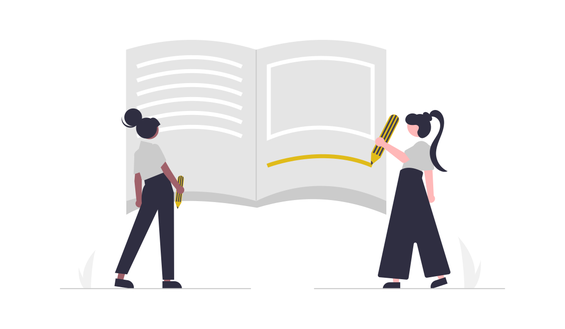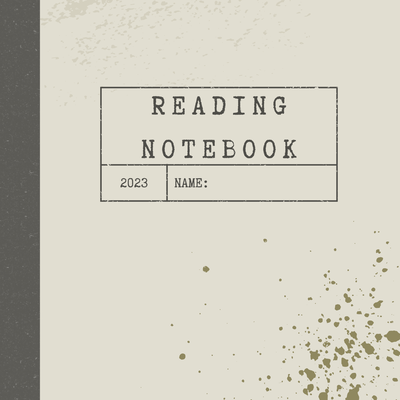Challenging and Scholarly Texts
Scholarly articles or books in graduate school can sometimes seem like you are reading in a different language. Academic or scholarly texts might seem inaccessible at first read. Why don't the authors just say what they mean? The long answer is part of scholarship and being a scholar in a field means that language is often discipline specific and nuanced.
There probably IS a new kind of vocabulary you will need to learn, terms you will need to be aware of, and arguments and debates that are key in your field. Doing graduate work often means study and research that covers both breath and depth to help orient you to important discoveries, findings, and turning points in a particular subject.
Yes, academic texts can be challenging to read, but also think about your expectations around reading. Do you read fast? Usually skim? Read quickly just to get the gist of things? While you might skim a news article to quickly find out what happened, theoretical or analytic texts require different reading strategies. Sometimes this is called deep reading or slow reading. We don't advise that you do this with everything you read, but when it comes to really important texts that you know you will need to understand, and that are pivotal to your research, you might have to adjust your expectations. Something might be slow to read, and that's OKAY.
Reading, like writing, can be part of a slower process that takes time. This might be frustrating because in an ever increasing technological age, we are encouraged to do things at faster speeds, and anything that's slow may seem counter intuitive. Grad school also is a process, and you are learning new skills as you go. Somethings should be challenging. That's how we grow and learn. If you've ever played a sport or an instrument, chances are those things weren't immediately easy either. It probably took practice, skill, and repetition to get better. Tackling challenging texts is a similar skill.



Strategies for Reading Challenging Texts
- Say back to a text.
- What is the key argument or arguments?
- What is the author's main point?
- There might be multiple ideas, but what is the one most important idea the author is conveying?
- There might be multiple ideas, but what is the one most important idea the author is conveying?
- Annotate as you read.
- Underline, make little comments to yourself, or come up with symbols that mean different things to you.
- For example:
✔️ = interesting or important point
✔️✔️✔️ = extra exciting point
⭐️ = key idea
|| = important quote
❓= confusing idea
Or a combination of letters might be used as short hand to track themes:
(PC) = postcolonial
(F) = feminism - Come up with shorthand that's useful for you.
- Annotating will help you synthesize parts of the text as you read.
- It will also give you a visual cue to find things again.
- For example:
- Underline, make little comments to yourself, or come up with symbols that mean different things to you.
- What are key vocabulary terms or context?
- Remember that scholars in a field might be using terms in a very specific way.
- Redefining concepts or presenting new ones is one of the hallmarks of how a field of knowledge grows.
- Judith Butler's Gender Trouble was groundbreaking in the '90s because of how Butler redefined our thinking about gender.
- Judith Butler's Gender Trouble was groundbreaking in the '90s because of how Butler redefined our thinking about gender.
- Estimate how long it will take you to read a text.
- Time how fast you can read one page. Now multiply by the number of article pages. If you have three 30 page articles to read, and it takes you 5 minutes to read one page, that is:
- 90 pages x 5 minutes = 450 minutes
- divide by 60 minutes = 7.5 hours to finish reading 3 articles.
- Schedule time into your day accordingly!
- Time how fast you can read one page. Now multiply by the number of article pages. If you have three 30 page articles to read, and it takes you 5 minutes to read one page, that is:
OTHER SOURCES:
Victoria University's Guide to Reading Scholarly Articles
Reading Difficult Text Strategies by Basmo
Check out the video below for some inspiration on how slow reading or deep reading changes your thinking.

